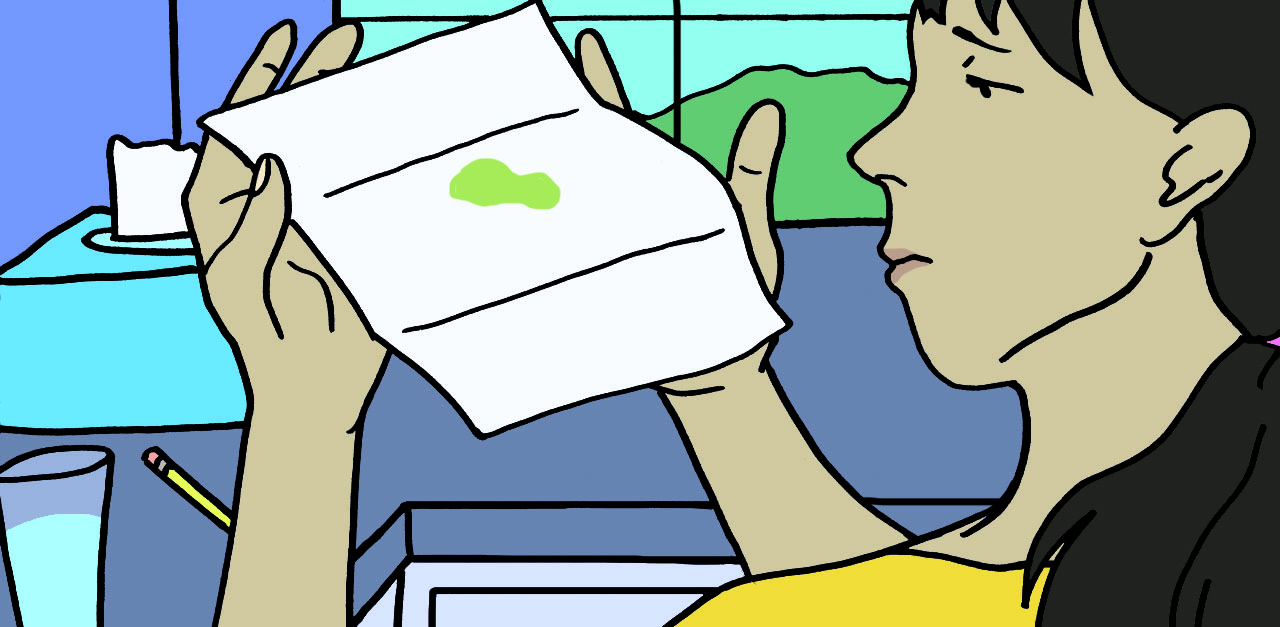
We all get sick from time to time. Some of us decide to just let it run its natural course, while others head straight to their doctor's office and medicate the ailment away.
Even without the help of a medical professional, we can mostly discern what is going on in our bodies. For instance, I know that a cold is coming on when I wake up with a sore throat.
On a similar note, you can tell a lot about what kind of cold you have from the color of your mucus. For instance, green mucus means a bug is getting ready to settle in for a while and yellow often means an upper respiratory infection.
The meaning of mucus can be denoted by texture and color. What does yellow snot mean? What does green snot mean? Does clear snot have a meaning?
What is Mucus?
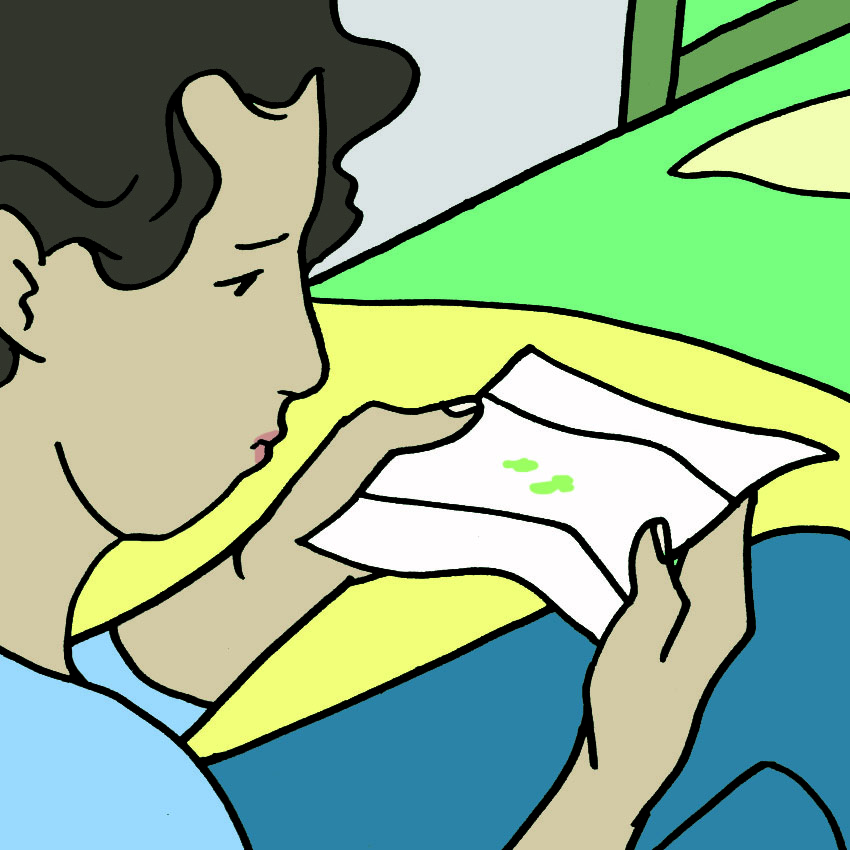
Mucus is obviously the stuff that comes out of your nose (and sometimes mouth), but what exactly is it?
The mucus experts at Mucinex explain that our nose, mouth, throat, lungs and entire respiratory system are lined with glands that produce mucus.
Mucus keeps our insides lubricated, but also acts as a barrier catching harmful bacteria we inhale.
Types Of Mucus 1. Thin, Runny Mucus
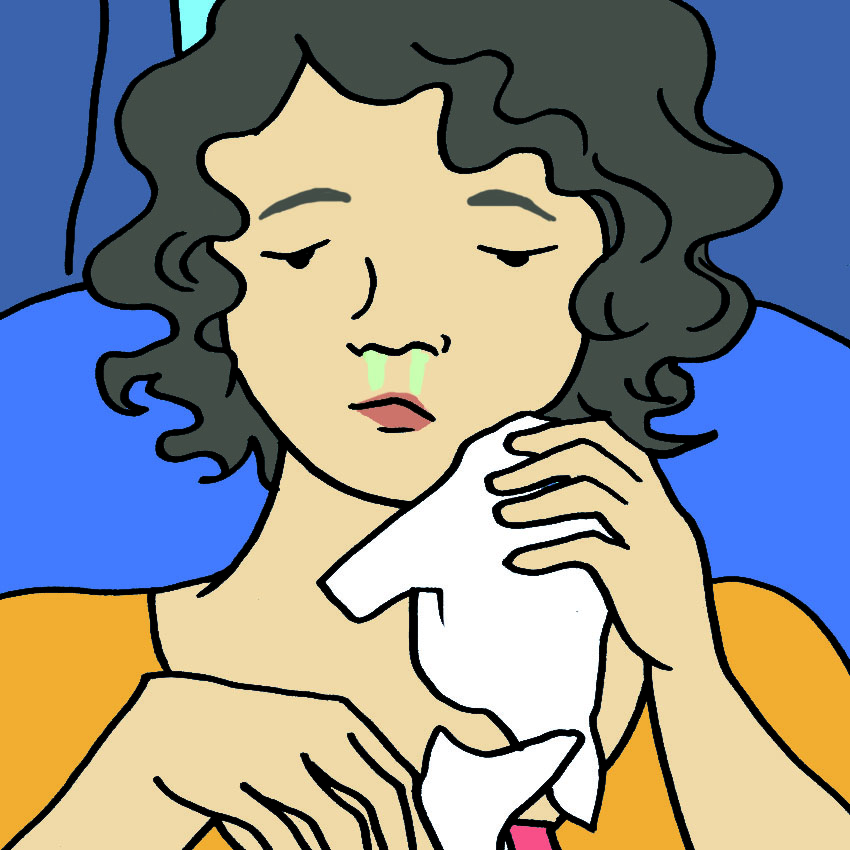
Having a runny nose can make you wish that you could stick some nose plugs in your nostrils.
Luckily, a runny nose is usually more of a nuisance than anything to actually worry about.
According to the Mayo Clinic, thin, clear mucus is caused by the inflammation of nasal tissue.
This can be caused by anything from an infection, to allergies or a common cold.
2. Thickening Mucus
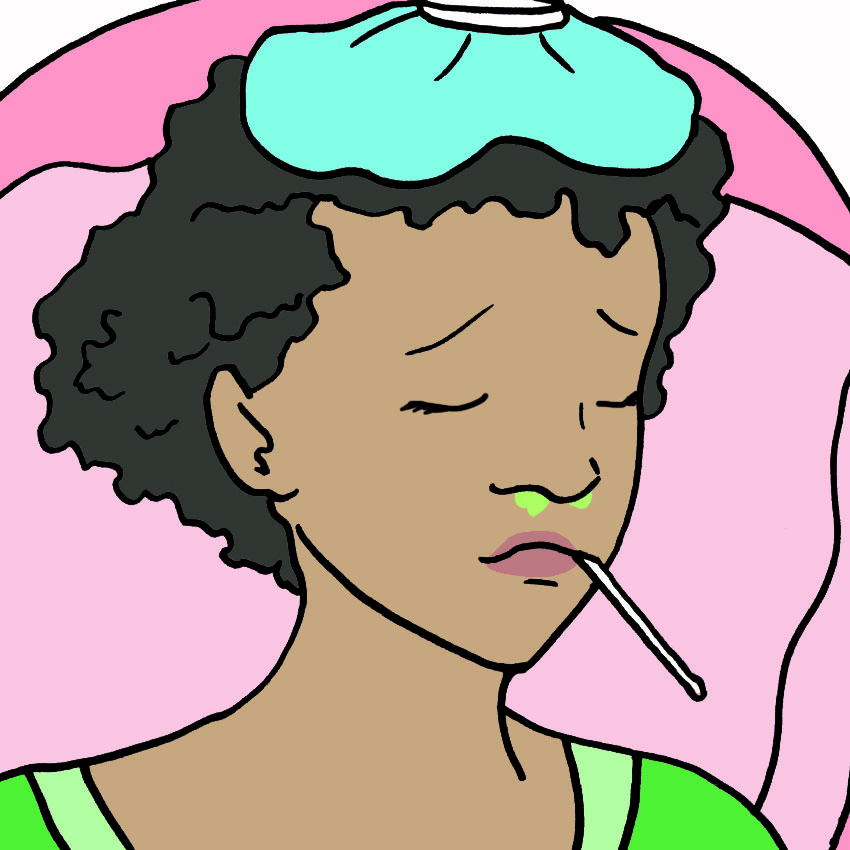
If your mucus is thickening then you might need to get some rest. Thickening mucus is a sign that your glands are working in overdrive.
Another possibility is that it is associated with nasal polyps, or the long term inflammation of your nasal passage according to the Mayo Clinic.
3. Stuffy Mucus
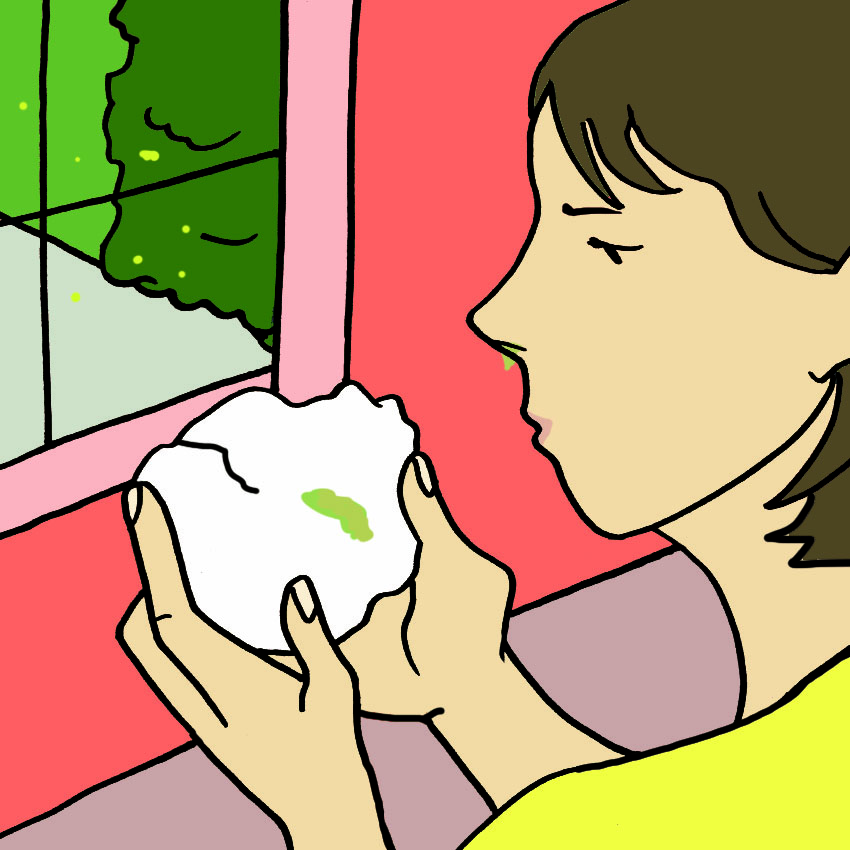
Having a stuffy nose can make you think about how much you have taken being able to breathe freely for granted.
A stuffy nose and mucus usually means one of two things.
The first is a sinus infection. The Mayo Clinic explains that when your sinuses are infected that that become inflamed and have trouble draining mucus as usual.
It could also be the result of allergies. As mentioned, mucus catches things that we breathe in the air. When its full of pollen, your mucus will be too. The more pollen, the more stuffy.
4. Dried Mucus
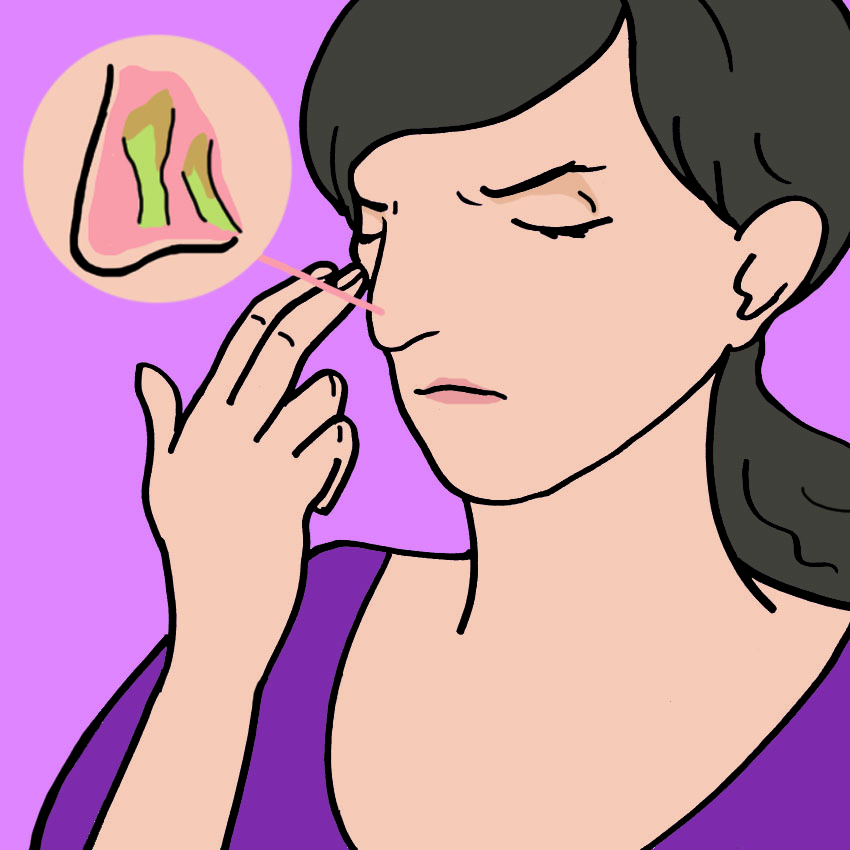
Having dry mucus is the opposite problem of a runny nose, but perhaps just as unpleasant.
Dry mucus could be a result of a condition called atrophic rhinitis. The U.S. National Library of Medicine explains that the exact cause of the condition is unknown, but that it involves too little mucus production and a dry nose.
You might also experienced dried-up mucus if you're dehydrated, so grab some H20 to help soothe your respiratory system.
5. Sticky Mucus
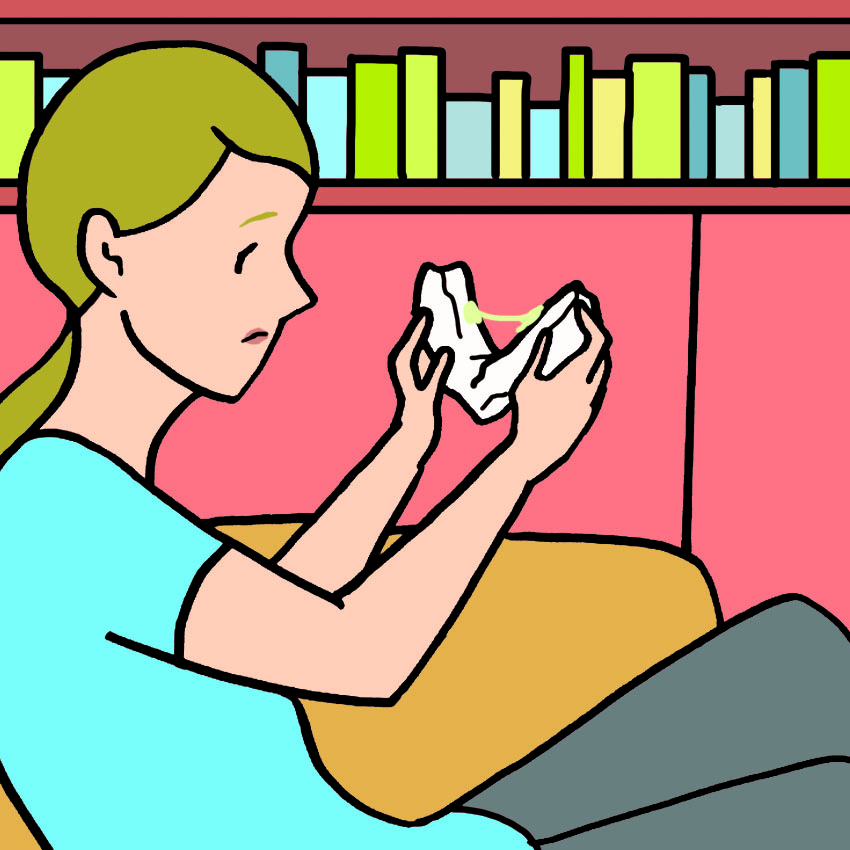
Sticky mucus is debatably the grossest kind of mucus, and is also the most difficult to blow into a tissue in a graceful manner.
While it could just be a symptom of your worsening cold, it could also be a result of fungal sinusitis.
The American Rhinologic Society details that the overgrowth of fungal elements in the sinuses can result in thick, sticky mucus.
6. Bloody Boogers
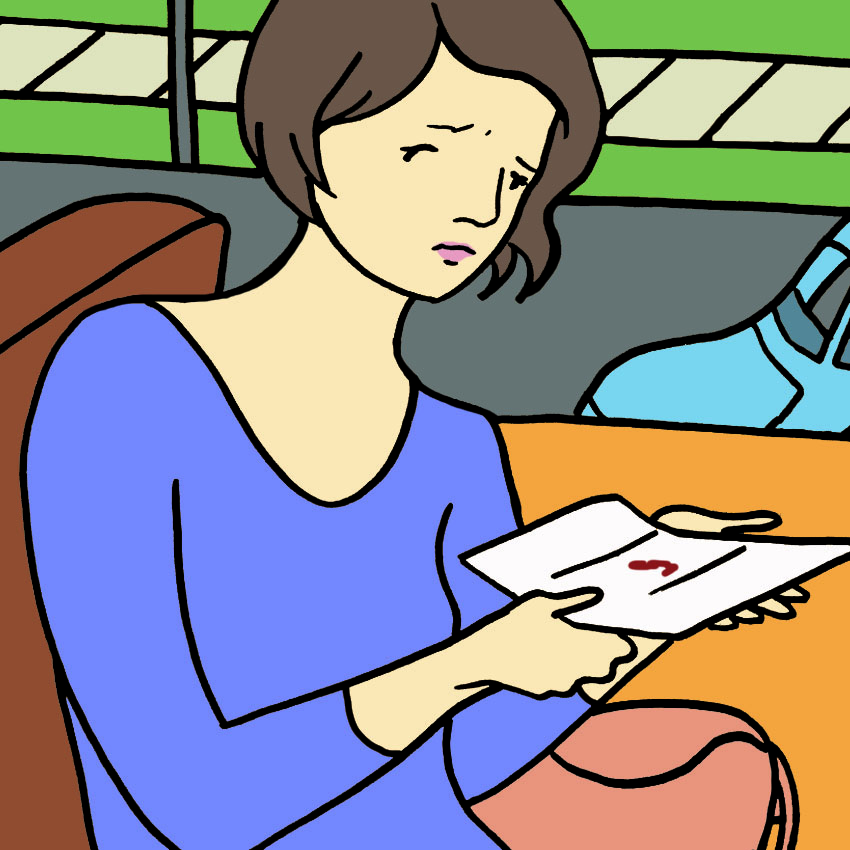
Have you ever peeked into a tissue and noticed that your booger or mucus is bloody?
Any thought involving coughing up blood is scary, but most of the time it's no big deal, especially if its your boogers that are bloody.
Blood in your mucus can either be from coughing up too much, or from actual cuts in your nose from dry and sharp boogers.
7. Hard Mucus
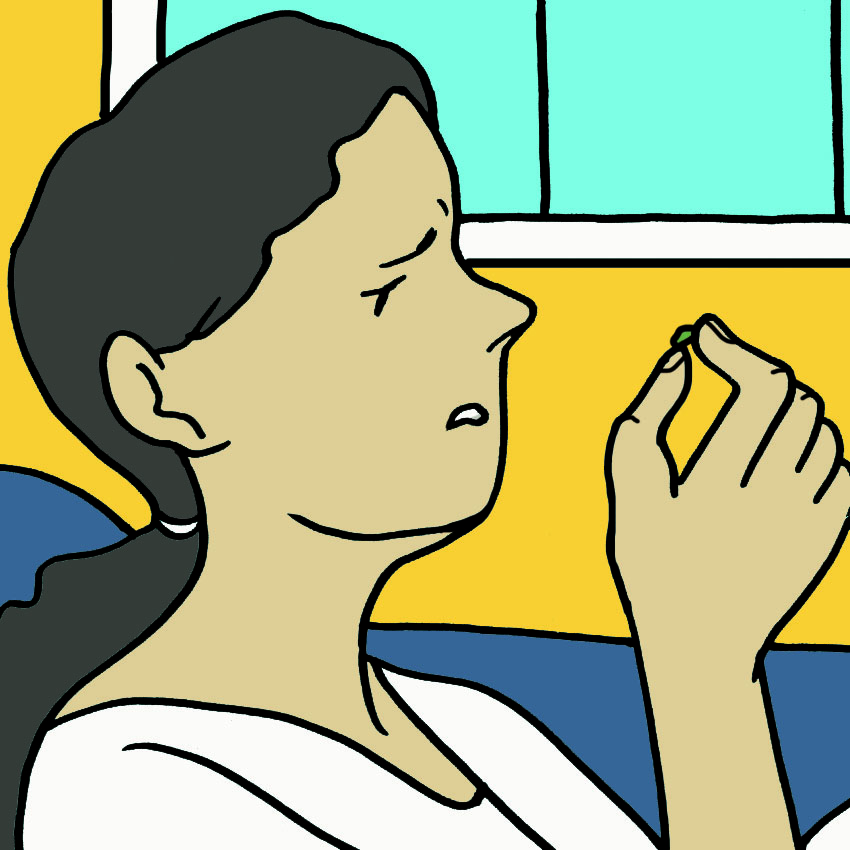
If you've noticed a lot of hard boogers lately that seem to have nothing to do with being sick, its because it probably doesn't.
As mentioned, your mucus catches and filters out particles you breathe. If you've been breathing in a lot of dust lately, it's probably forming hard boogers.
Make sure that you wear a face mask if you're often in close proximity to dust or other fine particles.
If you have persistent or worrying mucus symptoms, get in touch with your doctor for a consultation.
Please SHARE this helpful information with your friends on Facebook!




